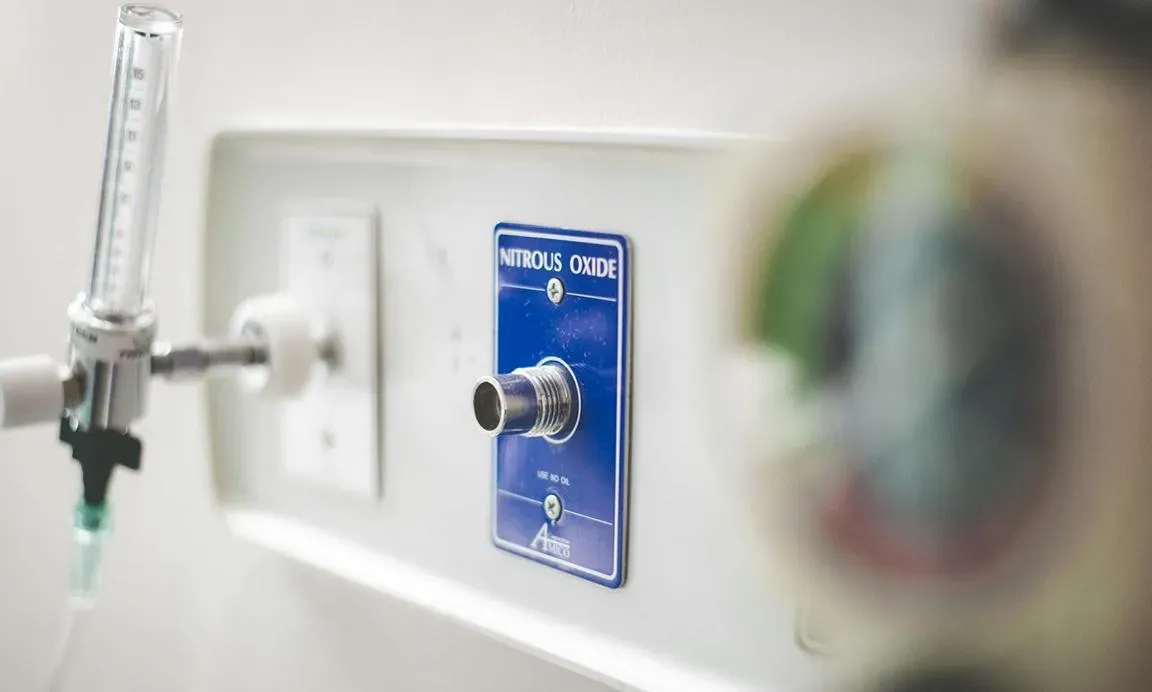ROH and Aston University establish international research group to develop novel bone cancer therapy
BHP members the Royal Orthopaedic Hospital NHS Foundation Trust and Aston University have come together with the Brazilian Aeronautics Institute of Technology (ITA) to found Biomedical Technologies for Regenerative Orthopaedics (BioTROCS) – a group aiming to advance research in the development, characterisation, and pre-clinical and clinical evaluation of novel biomaterials for bone regeneration and bone cancer applications.
ITA, Aston University and the Royal Orthopaedic Hospital have already been collaborating for several years to explore the use of gallium in treating bone cancer patients, and the formalisation of this alliance will make it easier for the three organisations to secure funding to further this ground-breaking research.
Dr Lucas Souza, Dubrowsky Regenerative Medicine Laboratory Manager at the Royal Orthopaedic Hospital, commented: “Collaboration is the core principle for groundbreaking research and solving real-world problems requires a multidisciplinary approach. BioTROCS is the officialisation of a long-term international collaboration between Brazil- and UK-based physicists, chemists, biologists and clinical researchers that has already made significant contributions to the advancement of technologies for the treatment of bone disorders such as critical-sized bone defects and bone tumours.
“This new phase represents the first step to establishing a strategic partnership that aims to facilitate the flow of researchers, materials, and data between participating institutions to foster an even richer research environment to accelerate discoveries in the field of biomaterials for bone regeneration and bone cancer.”
The new research group has successfully secured funding to further the group’s development of an injectable paste for use in bone cancer surgeries. The funding includes a PhD scholarship in Brazil, with the student also coming to Aston University for a 12-month placement.
Professor Dr Joao Lopes, Aeronautics Institute of Brazil, added: “The formalisation of the BioTROCS group is a key step in strengthening international scientific cooperation and represents a strategic opportunity to expand our research efforts in cutting-edge therapies for bone regeneration and bone cancer treatment. This partnership between institutions in Brazil and the UK not only enhances the development of novel biomaterials and advanced therapies, but also significantly increases our ability to secure funding from agencies that offer exclusive calls for international collaborative projects. In addition to enabling the exchange of researchers and knowledge, BioTROCS fosters a more dynamic innovation ecosystem that supports the development of high-impact clinical and technological solutions.”
Professor Richard Martin, Aston University, commented: “Aston University and the Royal Orthopaedic Hospital have successfully collaborated for five years in this area of research and the formation of an international research group will help drive forward the use of biomaterials for bone regeneration and bone cancer.
“This area of research has huge potential – for example in September 2024, our tests found that bioactive glasses doped with gallium have a 99% success rate of eliminating cancerous cells and can even regenerate diseased bones. My team at Aston University is looking forward to hosting the new PhD researcher who will help further advance our research.”







